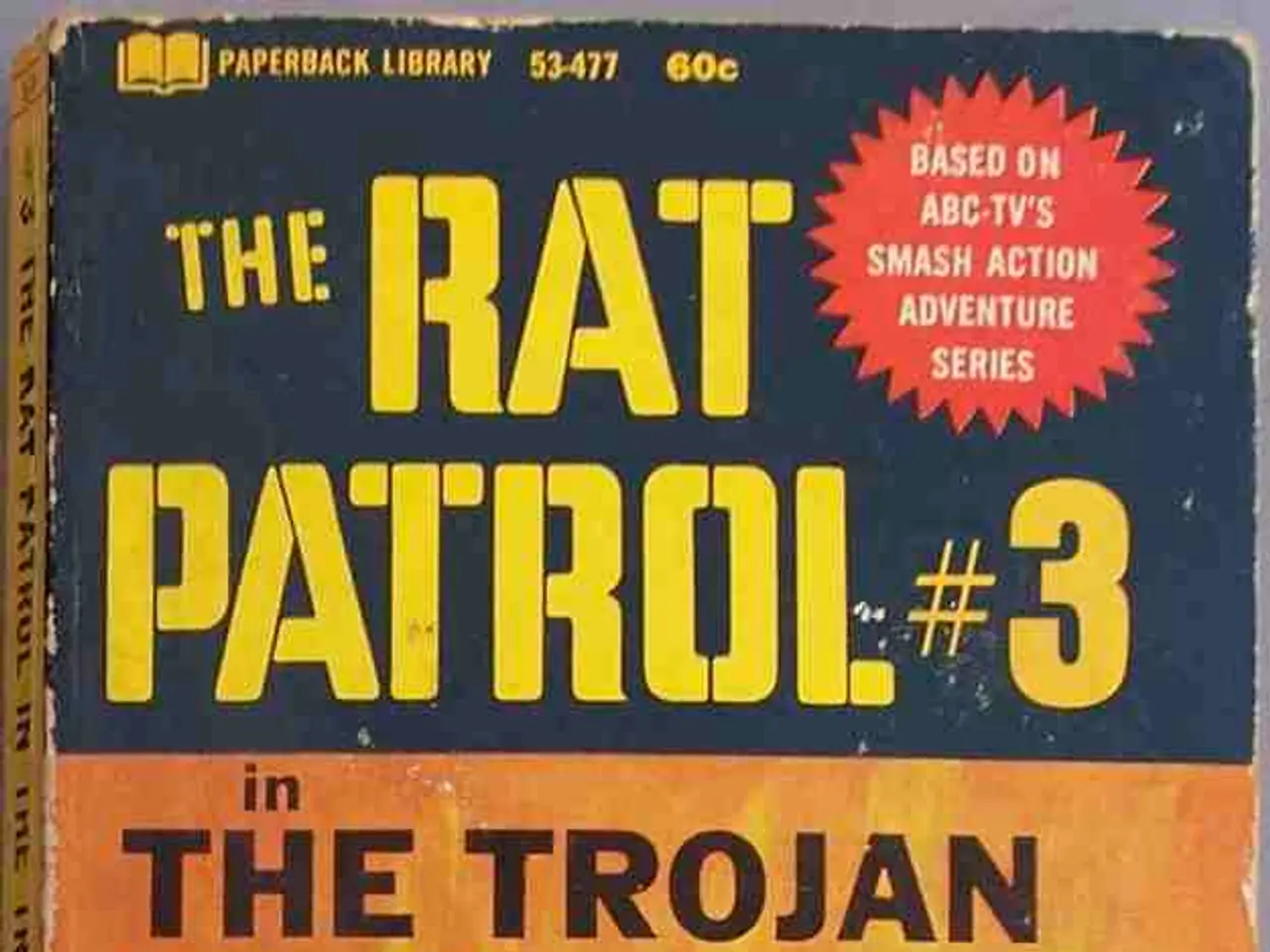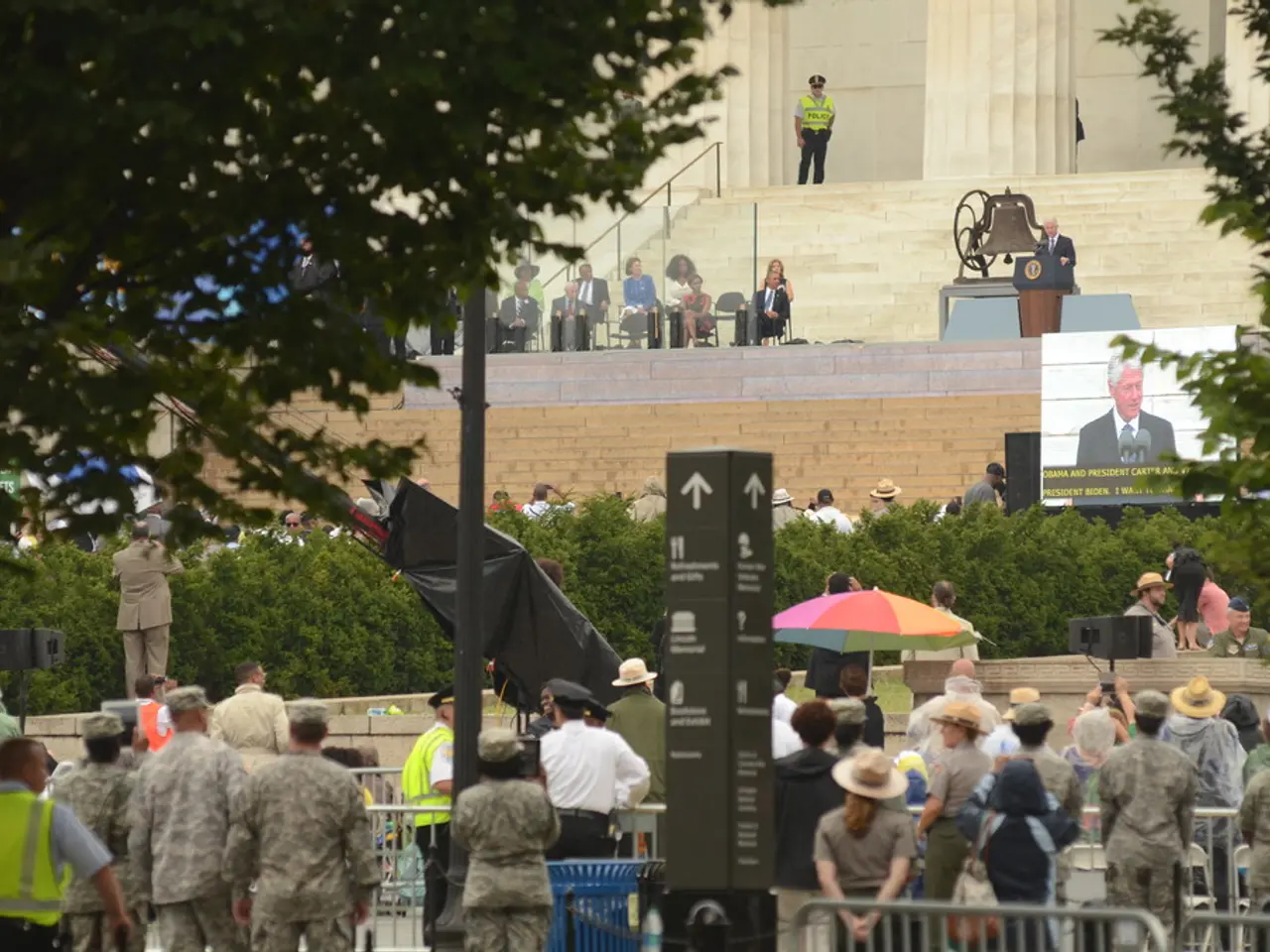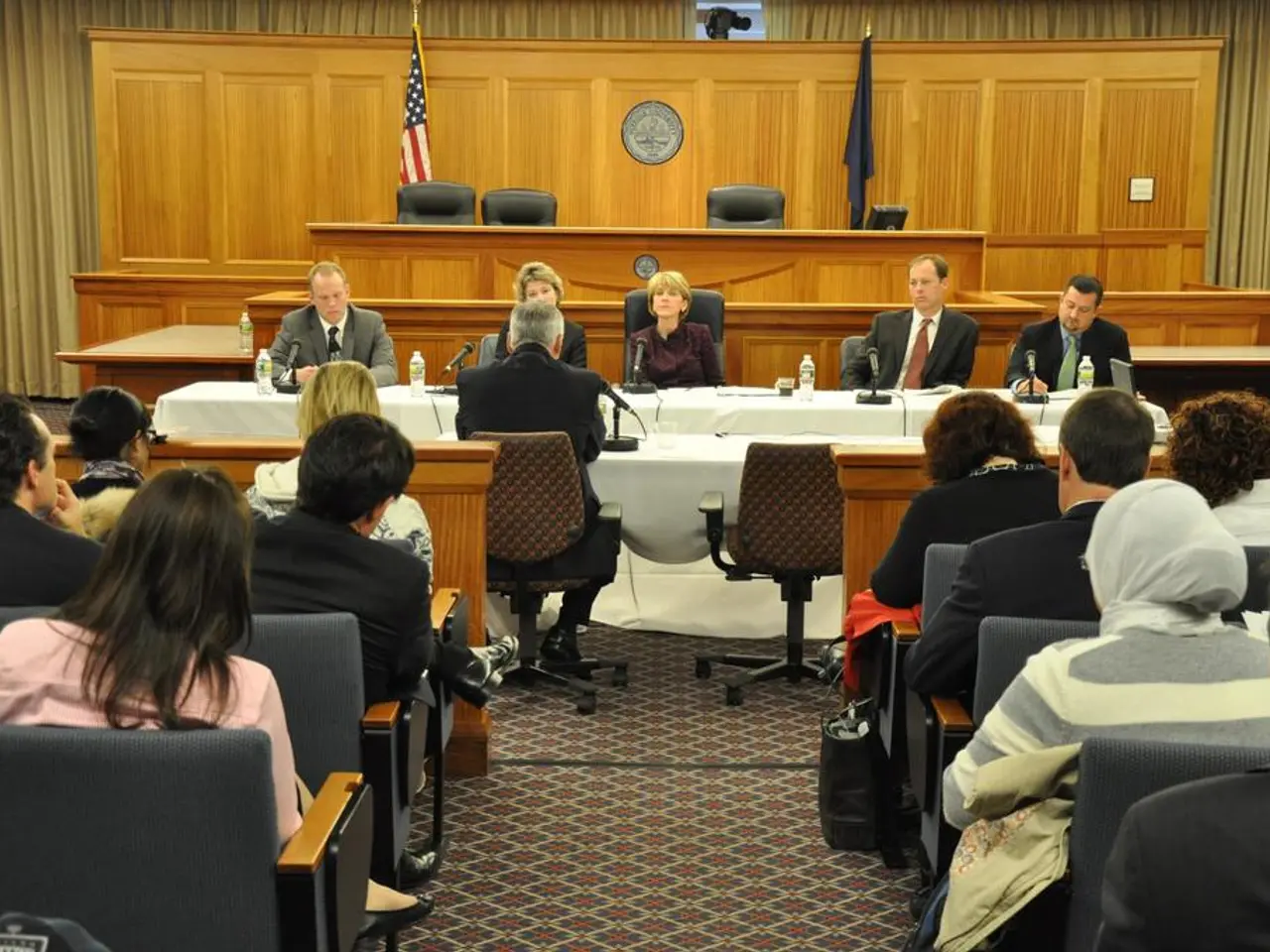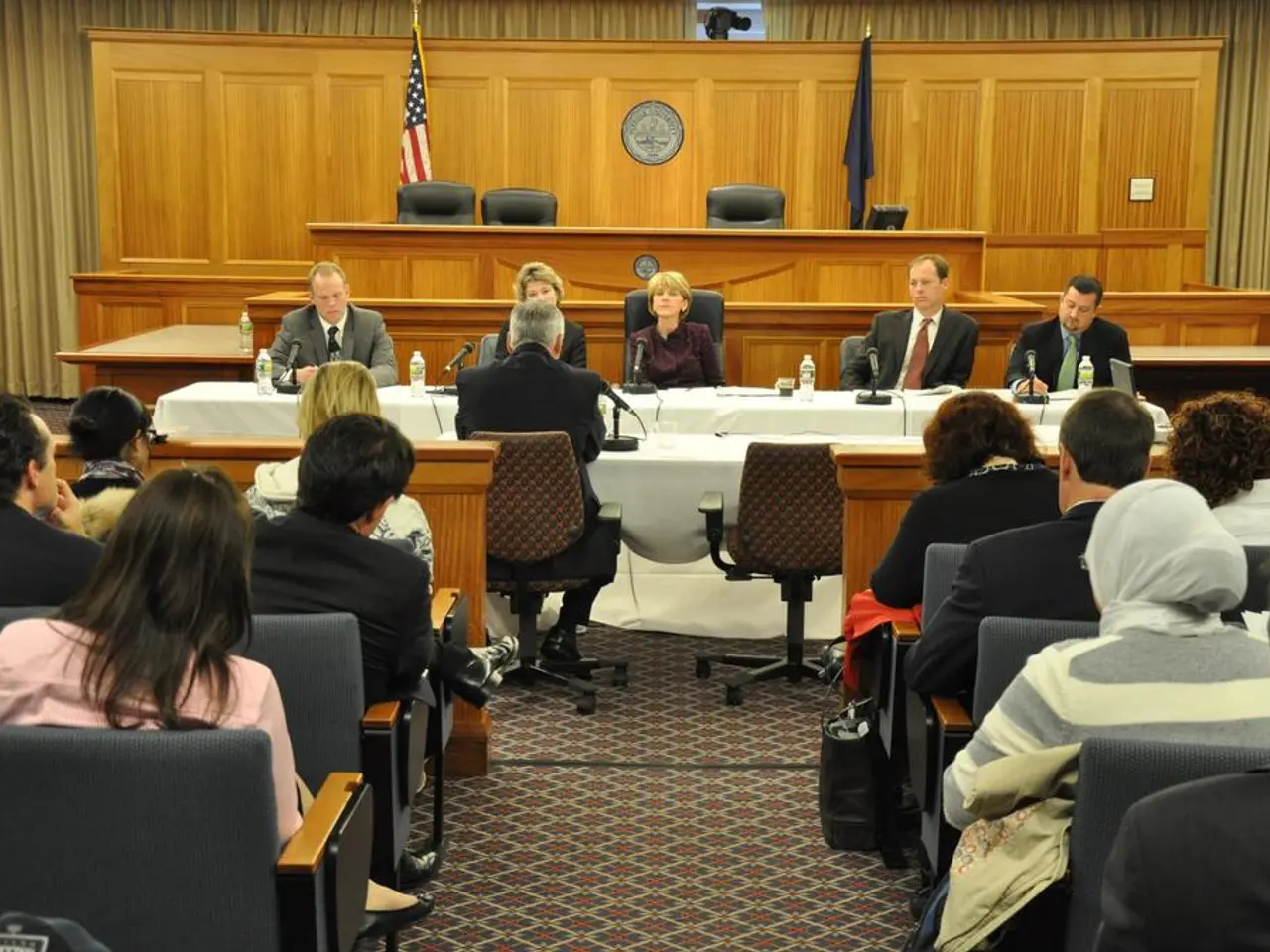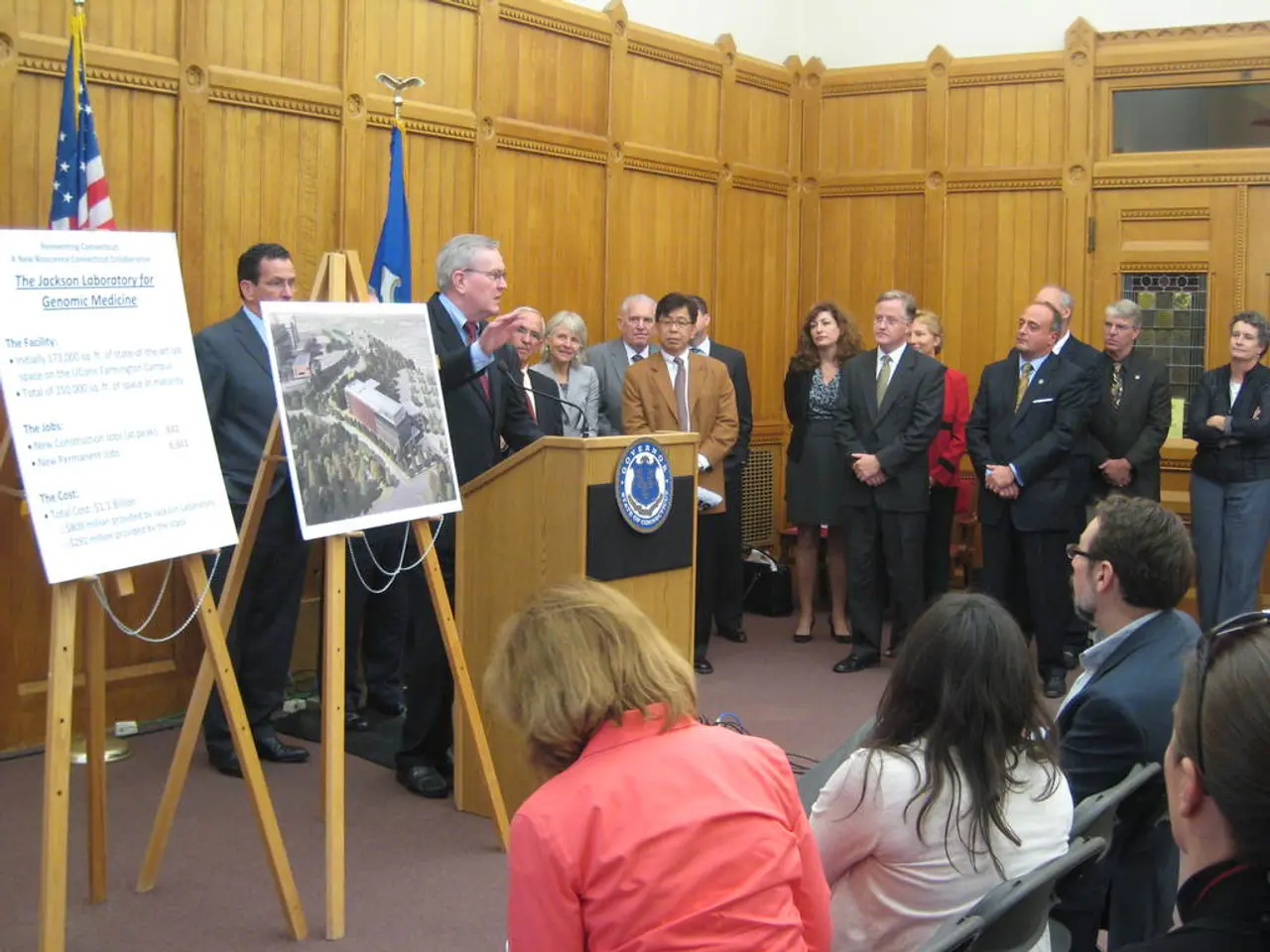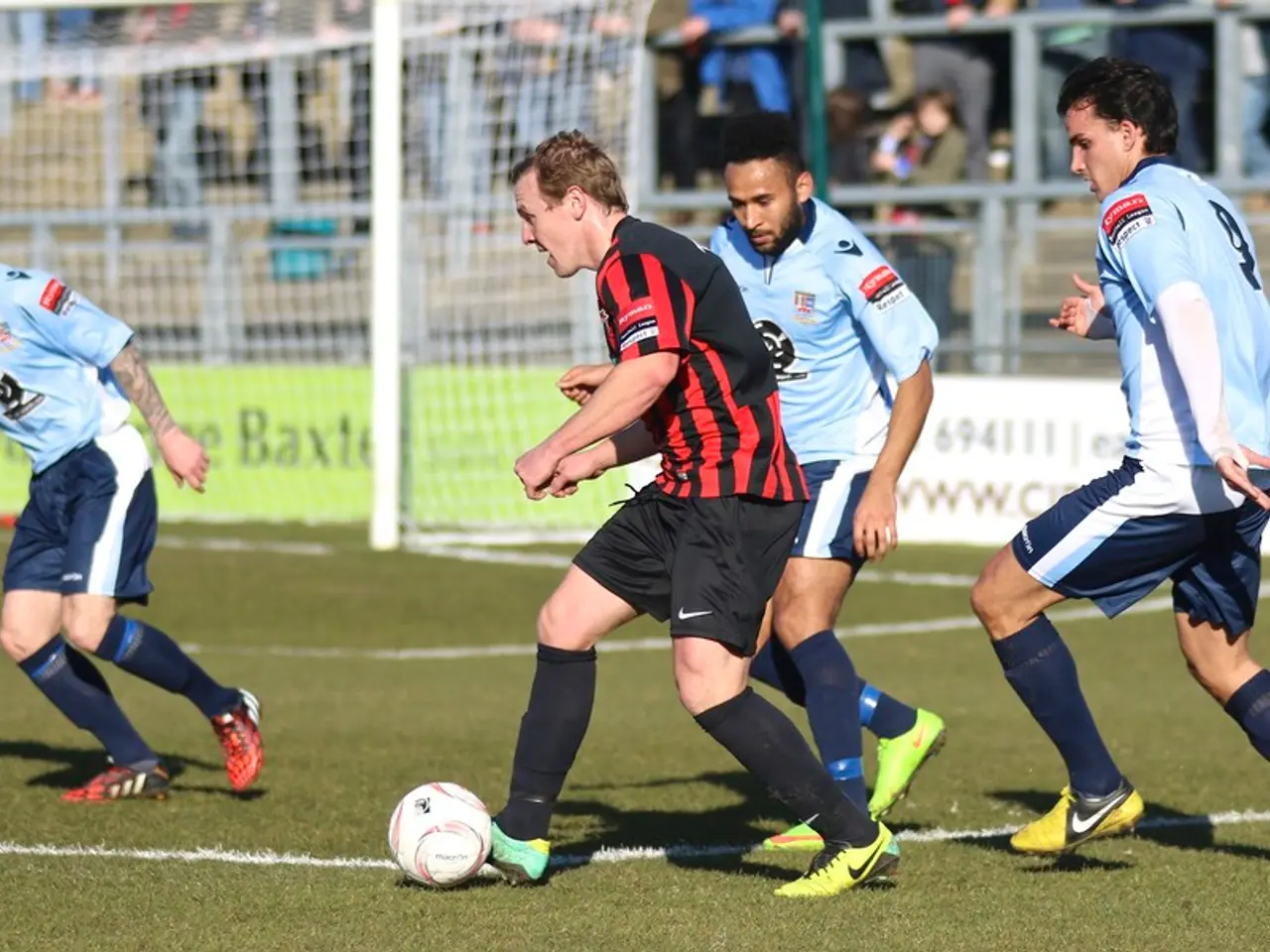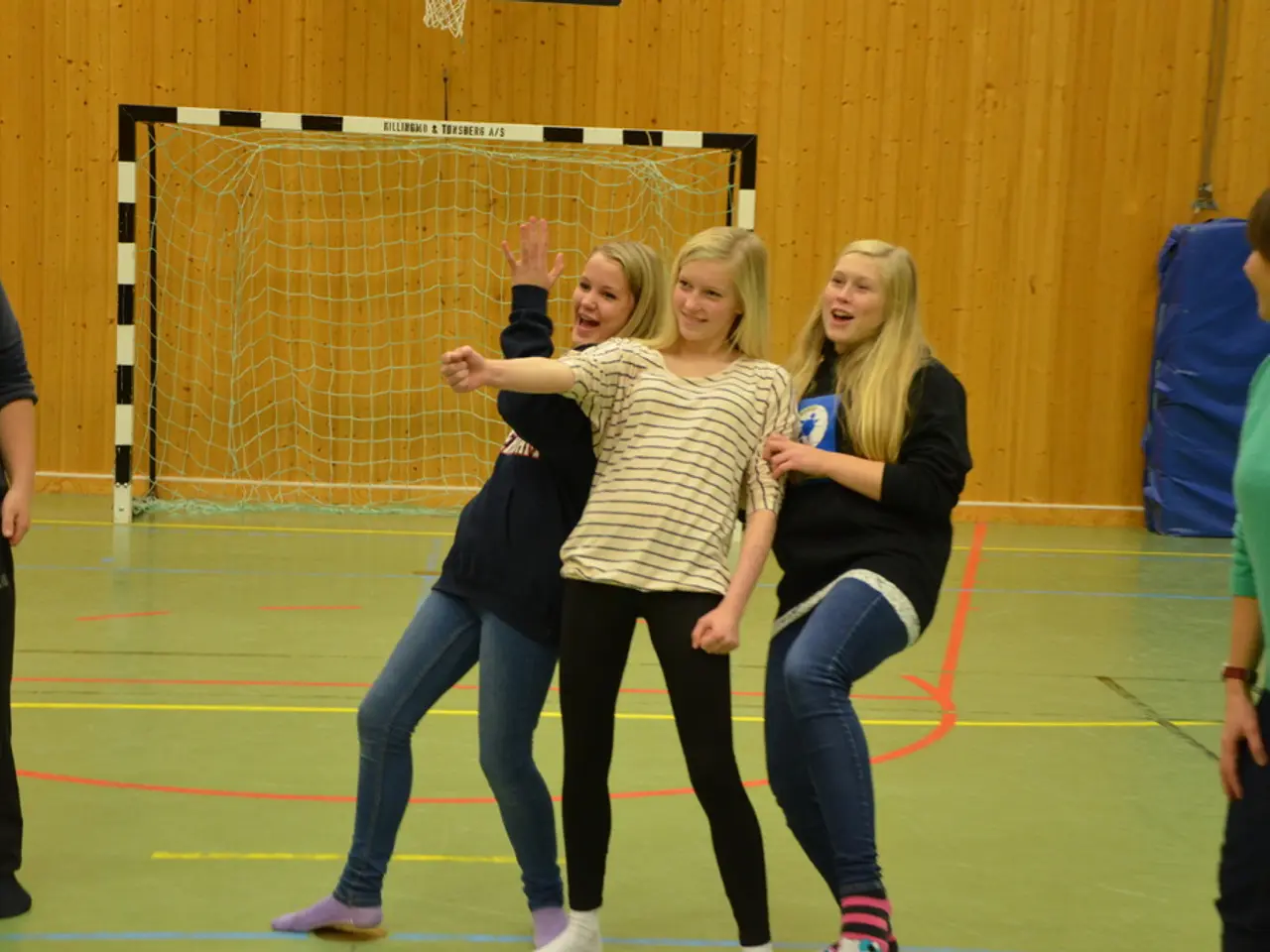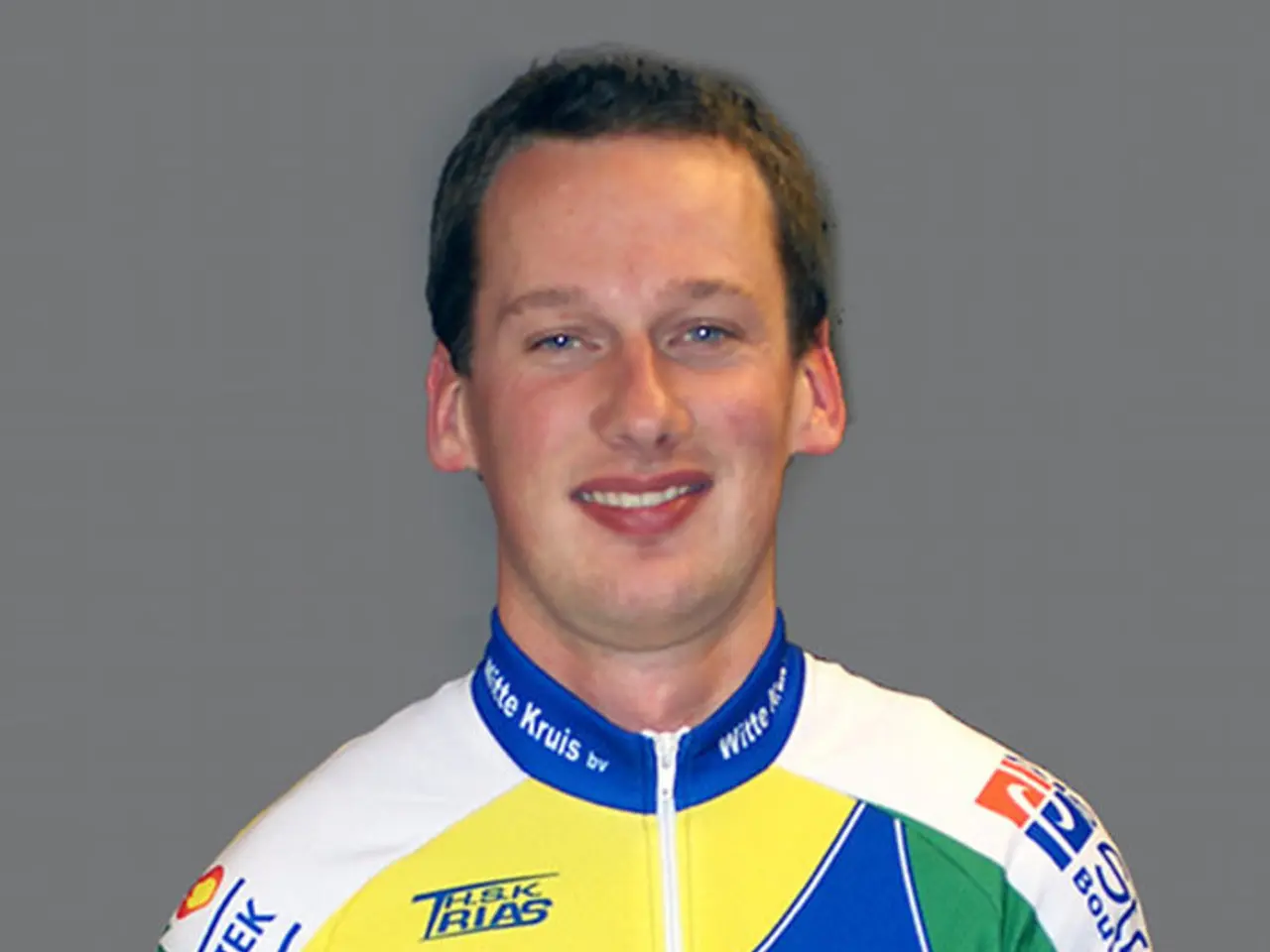Five-Percent-Target: Historian Soenke Neitzel Skeptical About its Implementation
"Neitzel predicts continued wrestling expenditure, possibly leading to substantial financial loss"
On Markus Lanz's show, the NATO summit in The Hague got the wrap-up it deserved. Donald Trump is pleased with the five-percent target for NATO defense spending, as European NATO members will contribute accordingly. But historian Soenke Neitzel isn't confident about the execution of this target. He explains why.
The NATO summit concluded, and European NATO members have agreed to increase their defense spending to five percent of their GDP. Trump seems satisfied, and tensions were avoided, in part due to NATO Secretary General Mark Rutte's consistent schmoozing with the US President.
Neitzel, however, casts a shadow of doubt over the success of this five-percent target. "The Europeans also pay a price for all the talk," Neitzel remarks. "Now the question is whether the implementation will prove feasible." Despite the summit's overall success, Neitzel notes that the Trump administration can be unpredictable, making it crucial to ensure the European military forces are ready.
On the positive side, Neitzel considers the increase in contributions a necessary step. However, he expresses concerns about the lack of progress in reforming the German Armed Forces, which remain bogged down by bureaucratic inefficiencies.
Neitzel is convinced that the European countries have been chatting away for three decades, which has left them playing catch-up. But, he urges, "We can't just accept it. We must decide whether we can moved forward in integration or whether we'll burn an enormous amount of money while just muddling through."
When Markus Lanz asks if Katharina Dröge, the Green Party faction leader, is afraid of a war, Dröge responds with sober caution. She emphasizes the importance of considering the risk of conflict and ensuring measures are in place to prevent such a scenario.
Neitzel, with a stoic seriousness, answers Lanz's query about his own readiness to defend his country. If it comes to war, Neitzel asserts, he will serve without hesitation. Lanz shares his personal transformation following visits to Ukraine, appreciating the resolve of the Ukrainian people and their strong motivation to fight for their freedom.
When discussing potential conflicts, Neitzel clarifies that a nuclear Armageddon is unlikely. Instead, NATO is prepared for smaller, more contained provocations from Russia, such as derailing trains or invading neutral territories. Russia faces severe limitations in waging a lengthy war against NATO, as evidenced by the remnants of the Warsaw Pact.
Neitzel asserts that he now feels calmer after the NATO summit, expressing satisfaction with the 3.5 percent commitment. Katharina Dröge echoes this sentiment, expressing the necessity to remain vigilant but not succumb to fear.
The Commission has also been asked to submit a proposal for a directive on the politics of the five-percent defense spending increase agreed upon by European NATO members. Despite the successful conclusion of the NATO summit, historian Soenke Neitzel emphasizes the need for adequate preparation and reforms within the German Armed Forces to ensure readiness in the face of potential conflicts.
